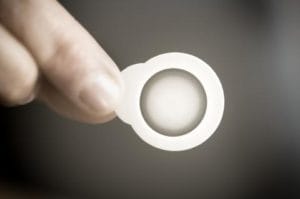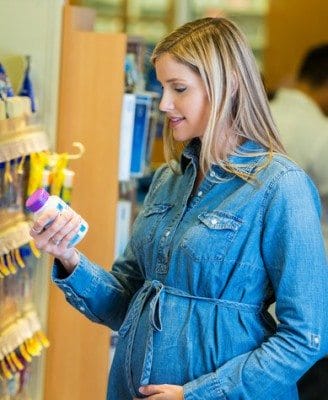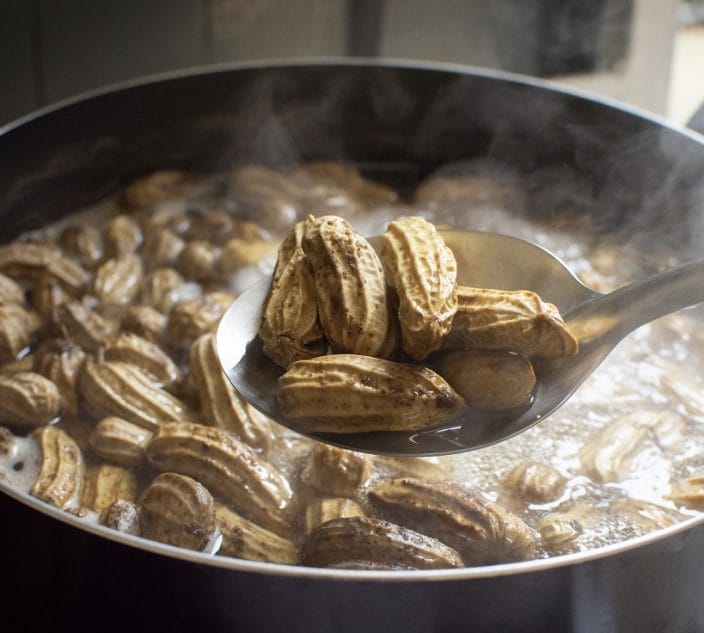 French pharmaceutical maker DBV Technologies says researchers in a Phase 2 trial of the Viaskin Milk patch observed “statistically significant desensitization to milk” among one group of children in the study.
French pharmaceutical maker DBV Technologies says researchers in a Phase 2 trial of the Viaskin Milk patch observed “statistically significant desensitization to milk” among one group of children in the study.
In late February 2018, the company reported positive preliminary results that support the patch as a potential treatment for patients with milk allergy. The company says it plans to discuss next steps with regulators in the hope of moving the treatment forward.
However, some biotech analysts expressed skepticism about the company’s results interpretation when all patch dosages and all participants were considered.
The Phase 2 trial involved 198 children between the ages of 2 and 17. The study was then broken into two groups: children aged 2 to 11 and adolescents aged 12 to 17. Patients in the treatment arm (rather than the placebo group) were treated with one of three doses of the patch (150, 300, 500 micrograms).
The results in the larger 2 to 11 age group:
– 34.2% of 38 children on the 150 mcg patch dose responded to treatment.
– 57.9% of 38 children on the 300 mcg dose responded to treatment.
– 38.9% of 36 children treated with the 500 mcg dose responded to treatment.
The company says the positive results in the younger group at the 300 mcg dose meant this would become the priority age group in future studies.
However, some analysts criticized the company’s assessment. “No dose-dependent effect was seen – the 500 mcg dose struggled to beat the 150 mcg regimen, let alone the 300 mcg arm – and none of the doses achieved statistical significance once adolescents were factored in,” wrote Fierce Biotech.
DBV Technologies stressed the importance of “bringing a potential treatment option to this underserved patient population.” In a release, the company said it plans “to discuss findings with health authorities in key markets worldwide to determine the design of future studies.”





